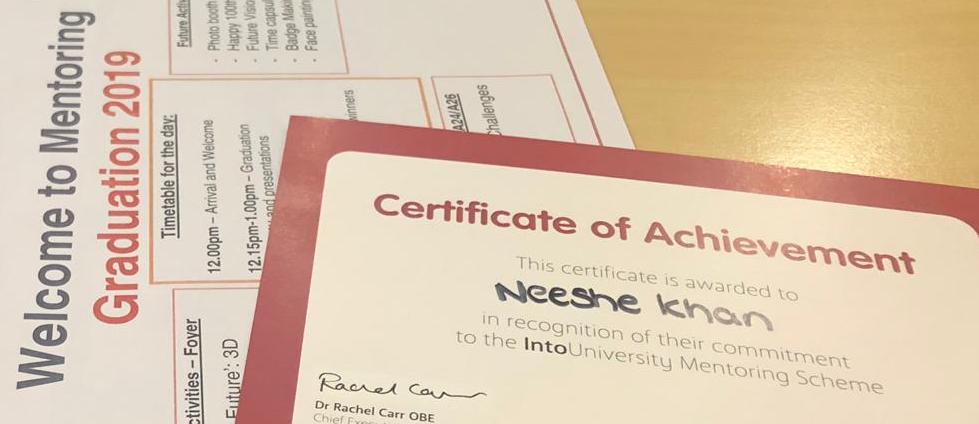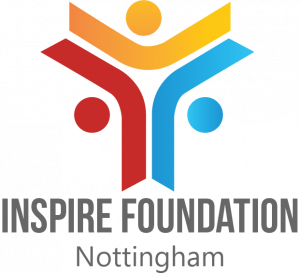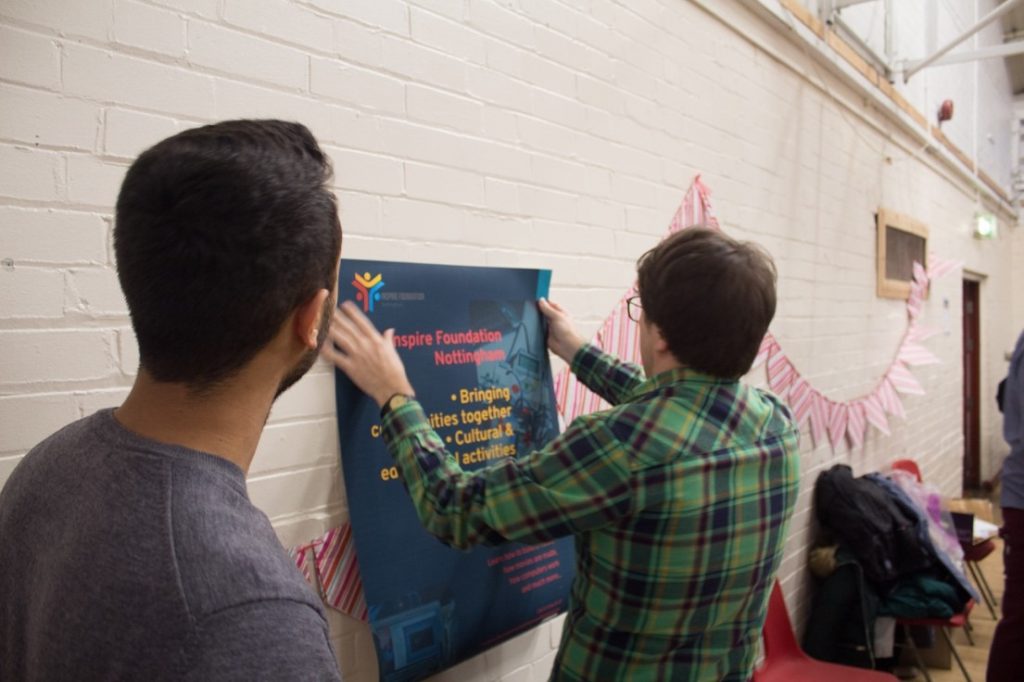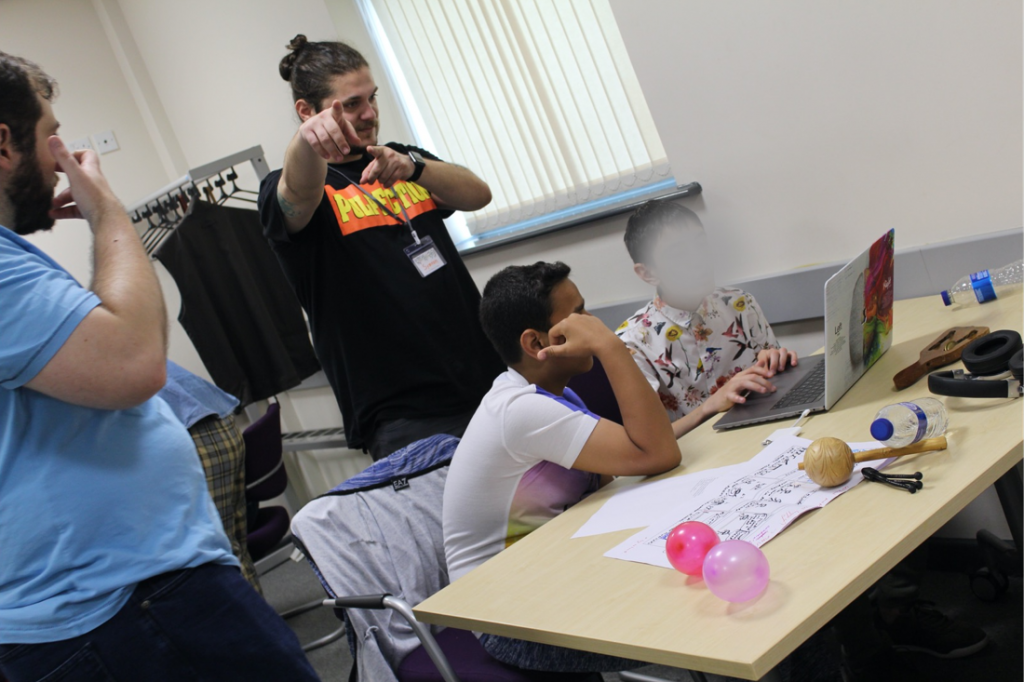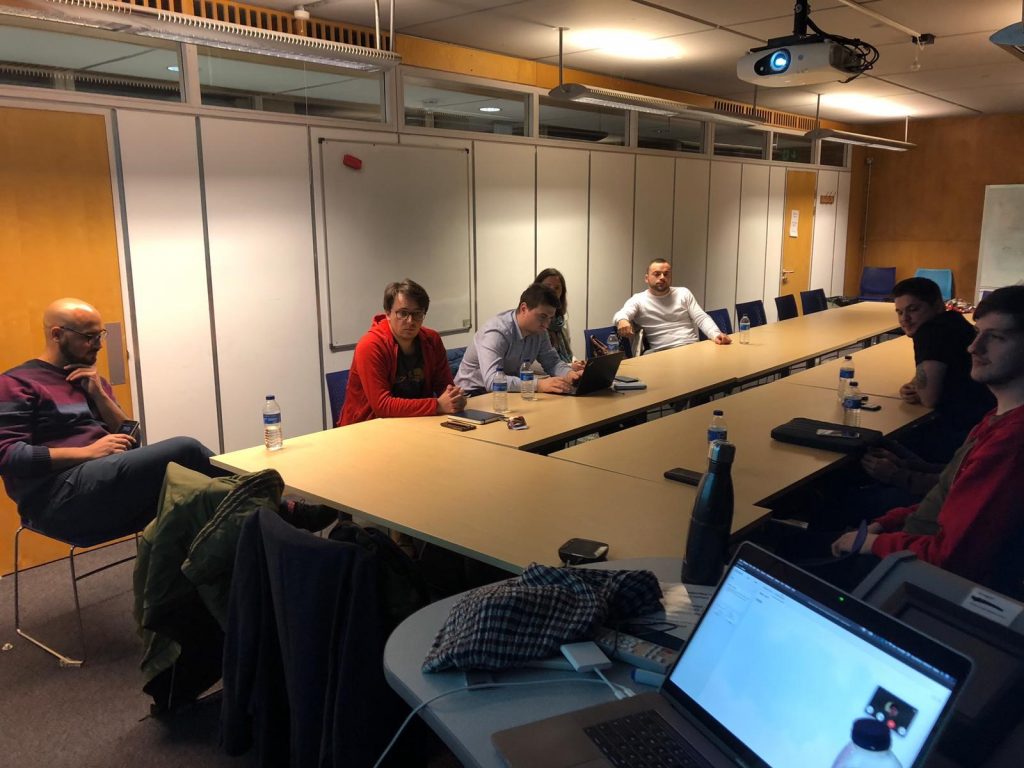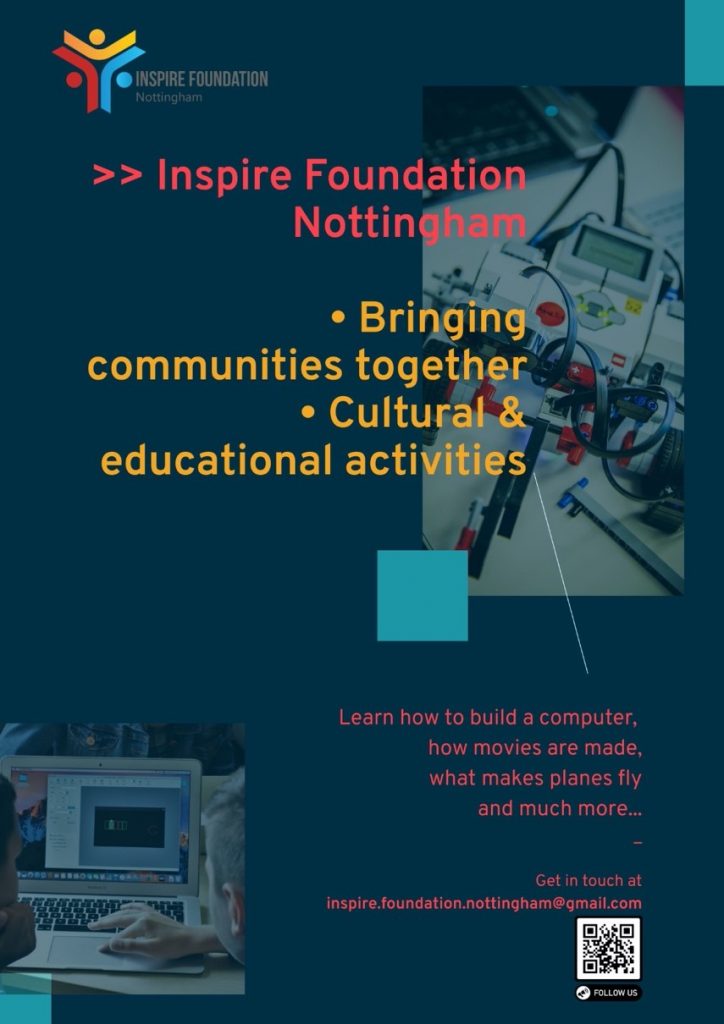post by Neeshé Khan (2018 cohort)
Last year I decided to partake in a program that engages primary school children from disadvantaged backgrounds to engage with students from the local university. This provides an opportunity for children to have positive role models or Mentors that can provide support and some sort of a roadmap to whatever they might dream to be when they grow up. I decided to do this to encourage a child to dream about a life in STEM.
As young adults, it is easy and intuitive to explore, experiment, and discover the right choices for your future career. Despite having an aptitude for STEM you might want to explore Arts or Business which is perfectly acceptable. However, when you change your mind STEM doesn’t welcome you back into the fold. There are stringent requirements for the combinations of subjects you must have and the grades you need to be able to start an undergraduate degree. If you have Physics at A-levels (anyone who has done this will tell you that Physics contains more Mathematics than A-Level Mathematics subject) it is required that you must also have Mathematics in A-levels. So if like me, a student also wants to explore economics, business studies, and a language, it means you can no longer enter an Engineering undergraduate degree regardless of your grade in Physics. However, this poses no issues for pursuing a degree in any non-science subjects as all undergraduate degrees will make you relearn the basics, and often lecturers will tell you to forget what you learnt in previous years as it’s mostly inaccurate for truly understanding the subject. Unsurprisingly, I believe that this ‘locking out’ of bright young minds for STEM fields based on ‘desirable combinations’ is in large the main contributor towards the STEM skills crisis that the western world is now facing.
But coming back to the point, I wanted to help a young child strengthen their academic STEM foundations and generate interest where they can see an exciting future in this space. In a few days, I was matched to an 11-year-old (let’s call her “Tara”) who’s interested in STEM and aspires to become a doctor.
While there are several programs available, I really enjoyed this one. It was structured, transparent, had clear expectations and outcomes, and well organised. It offered training and support for the Mentors which meant I would enjoy speaking to Megan (project co-ordinator at the venue) about what my meeting plans were or if I wanted some insights or advice.
I started off the program by providing continuity. I became a staple figure in her life which meant we would meet at a fixed schedule, for the agreed duration, at the agreed time, and follow the agenda that we had agreed in our previous meeting. I always showed up. Much like the gym, showing up (to see this little person waiting for me) meant more than half the effort was already done. We had decided to work on subjects that Tara identified she needed help with, particularly focusing on SATs (Maths, Science, and English). I also allowed Tara to decide what our meetings would look like, empowering her to be in control of our progress. This meant that while she performed very well on tests, we also reflected on what factors contributed to the mistakes and explored tools to overcome them. After a year, Tara ended up achieving one of the top scores in her school and got one of the two scholarships for a private secondary school in the area.
There were also some difficult times. I sometimes struggled to get her attention or interest. Many times this was because she had other things on her mind. Her mom was a qualified nurse from another country who couldn’t practice in the UK without an equivalence which takes time and money, two of the biggest resources for any immigrant. She ended up working two jobs in a profession outside her qualification. Tara discussed her challenges in trying to study in close quarters with her younger siblings. At a young age, she was wise beyond her years and I would often catch myself remembering how little she actually was. We put in the effort to developing skills to overcome the pressure and stress SATs bring to their young lives. We practised exercises to help retain focus in busy environments and relieve stress which included slime making and controlled breathing.
I really enjoyed discovering how the current education system uses new techniques to teach children. For instance, the way we would multiply was completely different! Thankfully our answers almost always matched! When they didn’t, I had to learn her system of understanding and convert my reasoning to fit Tara’s model so it would a) be correct/spot her mistake in her workings and b)make sense to her. I took this as a challenge and found this quite a fun exercise on most days.
Overall, I feel that I made some difference towards Tara achieving her goals and hopefully contributed towards making her STEM career aspirations a real option in her future. I would really encourage everyone to take up this as a rewarding experience to engage the future in any discipline and field you personally care about. Just be consistent and dedicate as much time as you think you can spare. Even a half-hour a week can help contribute to a young life that might need skills you might not know you have.
–originally posted on Neeshé’s blog

